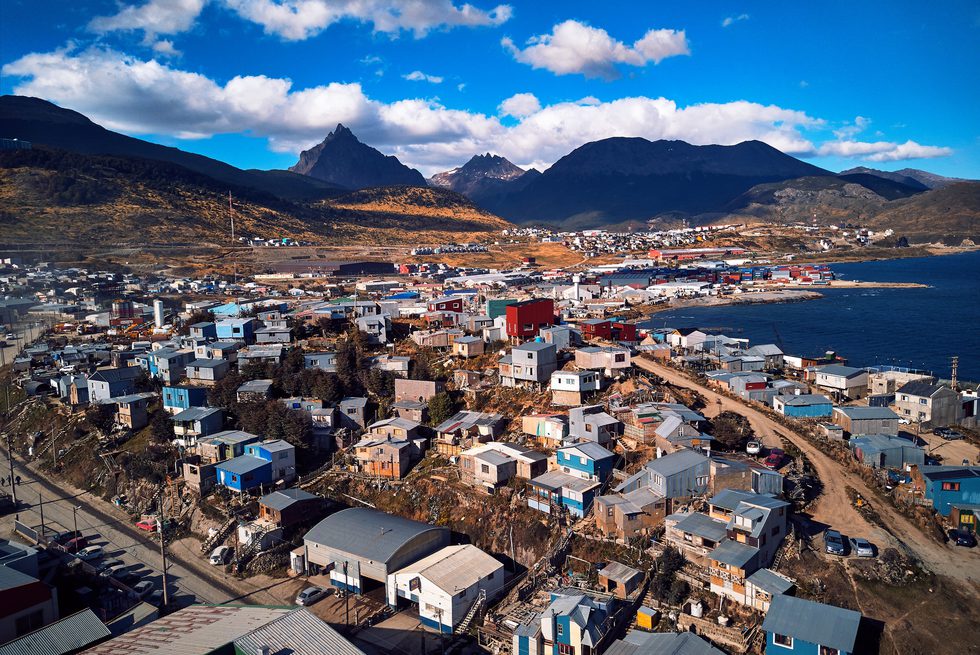Engaging with Inequality and Affective States
Organizer: Laura Bear (London School of Economics)
Featured Guest: Javier Auyero (University of Texas at Austin)
Discussants: Kregg Hetherington (Concordia University), Nayanika Mathur (University of Sussex), Laurence Ralph (Harvard University)
Culture at Large is the Society for Cultural Anthropology’s signature contribution to the annual meeting of the American Anthropological Association, in which an influential scholar from outside of the discipline engages in critical discussion with anthropologists.
This year’s featured guest was Javier Auyero, who is Joe R. and Teresa Lozano Long Professor of Latin American Sociology at the University of Texas at Austin. The session was an opportunity to consider Auyero’s wide-ranging work on the political sociology of urban marginality, including recent studies and collaborations like Flammable (2009), Patients of the State (2012), In Harm’s Way (2015), and Invisible in Austin (2015). The discussion following Auyero’s remarks was a testament to the diverse contributions of his work, drawing in Kregg Hetherington’s consideration of the politics of patronage and qualification in Paraguay, Nayanika Mathur’s comments on the clashing bureaucratic and lived temporalities of (tiger) toxicity in Himalayan Northern India, and Laurence Ralph’s exploration of morphing political subjectivities among disabled gang members in Chicago. A common point of interest emerging from the roundtable was a consideration of Auyero’s methodology, which demonstrates the potential of collaborative ethnography to produce localized portraits of inequality.
This approach to ethnography appeared all the more urgent in the wake of the 2016 U.S. presidential election. Auyero opened his remarks with a series of “what if” questions as calls to research. It quickly became clear that the subjunctive mood, which underlies Auyero’s body of work, is also deeply political. Auyero insisted that such a mode of inquiry can intervene in and shape public discourse, and that it has the potential to democratize sociology. “What if,” Auyero asked, “ethnography could serve in political struggle?”
Through a series of ethnographic vignettes, Auyero presented alternatives to a number of models and assumptions about urban poverty in the social sciences. He considered the ways in which toxicity is a form of inequality, experienced by shantytown residents in diffuse, uncertain, and confused ways, rather than as a monolithic assault. He explored how uncertain waiting (for eviction, for compensation, and for paperwork) may not simply be “dead time,” but can produce subjectivities and transform citizens into patients. In another context of urban marginality, Auyero traced how interpersonal violence can be understood as the concatenation of violence across private and public spaces. He rejected a simple dyadic model of retaliation, and showed how certain forms of violence can prove to be ethical behavior.
In the responses that followed, Hetherington and Ralph underscored the possibilities of political ethnography for enriching public discourse, a note also struck in Laura Bear’s opening remarks, which framed ethnography as “the opposite of big data.” Speaking at once about Paraguay and the United States, Hetherington described how a liberal discourse of qualification reproduces the values of urban elites and the professional class, excluding rural coalition partners from government. The liberal media’s surprise following the resurgence of the Colorado party in Paraguay and Donald Trump’s victory in the United States has revealed the classist and often colonial foundations of liberalism, which become apparent, for example, in the claims that Trump would be better suited to serve as a Latin American or African dictator. Following Auyero, Hetherington posed the question: what if the large sums of money used on election polls and data analysis were used to deploy teams of ethnographers?
Ralph emphasized the need for ethnography to attend to intersectionality, building upon Auyero’s discussion of concatenated violence. Drawing on his own research in Chicago, Ralph traced the transforming political subjectivities of disabled gang members through their access to disability entitlements, as well as the reproduction of racial, class, and gendered exclusion within the disabilities community. Ralph also considered how an insistence on waiting in the African American community, rearticulated after Trump’s election, may be based upon a progressive notion of time, which, following Auyero, results in a waiting that further disciplines citizens into suffering patients. Ralph called for the continued interrogation and, indeed, disruption of this version of progressive time through ethnography.
Mathur also considered the work of waiting in her remarks, but pressed beyond the model that Auyero put forth. In contrast to Auyero’s characterization of waiting as a form of state discipline, Mathur pointed out that waiting together can produce eloquent critiques of the state. She drew upon her research into villagers’ and bureaucratic responses to tiger attacks in Himalayan Northern India, explaining that, as villagers waited together for bureaucratic offices to issue a hunting license, they formulated slogans, petitions, jokes, and chatter, which critiqued the state in numerous ways. Mathur’s point was a helpful contribution, insofar as it insisted that ethnography can do more than reframe sociological models. What forms might emerge, she wondered, which exceed a Foucauldian model of discipline? Mathur also judged Auyero’s collaborative ethnographic approach to be extremely relevant for anthropologists. Such collaboration, she noted, could help the discipline to move away from the self-representation of a lone heroic figure in the field and to grapple more effectively with the sets of relations and privileges which go into producing an ethnographic text.
While the relevance of methodology came through clearly during the roundtable, some of the overarching terms of the discussion went uninterrogated. I was left asking: what could such a wide range of ethnographic studies do to reformulate the concepts of inequality and affect, which appeared in the title of the session? How might the very terms urban and marginality, which are threaded through Auyero’s body of work, be more explicitly examined and textured? Answering these questions will require further critical engagement with Auyero’s work from across the discipline.
